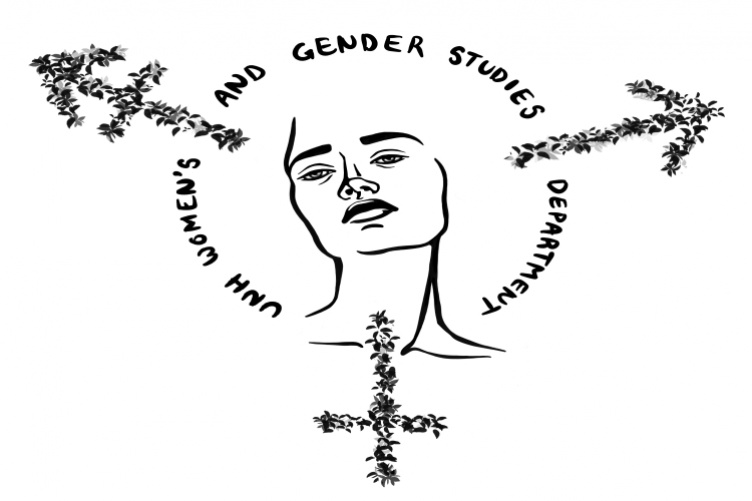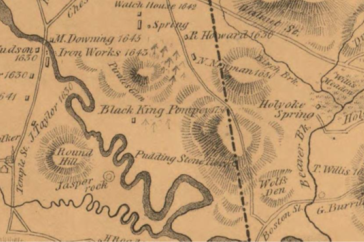
Nothing is more infuriating and invalidating than a privileged person denying my right to be angry about the injustices that I face and that those I care about face. Sometimes our anger is the only truly infinite resource that activists have, but it is stolen from us all the time.
Gaslighting is a term used in the psychology and social work world that has recently made it mainstream. “Gaslighting is an abusive technique whereby people are made to believe that they don’t have a grip on reality,” writes Suzannah Weiss of Everyday Feminism. “It’s often discussed in the context of intimate relationships, but it can be used by people in any sort of relationship.”
Given its original context in situations of abuse, it is easy to imagine how this applies to systems of oppression. “Most of the time, it’s privileged people questioning marginalized people’s accounts of oppression,” Weiss writes. “This serves to tell disadvantaged people that privileged people know what they’ve experienced better than they do — and that their perspective is not important.”
Anyone who engages in dialogue around gender in the U.S. has heard “Women in other countries have it much worse!” or “This is a first world problem.” Anyone who has called out a microaggression that made them uncomfortable has heard “But they meant well!” or “Don’t be the PC police.” These not only distract from the point, but undermine our right to be angry and to make our voices heard.
Questioning someone’s argument or drawing a different conclusion from the facts they present is one thing, but invalidating their lived experience is another. It is normal to disagree with someone’s point, but to make them question their perceptions of reality is not debate but manipulation.
Speaking out against injustice takes bravery, and making marginalized people doubt themselves and question their own lived experiences is a powerful tool of oppression. “Gaslighting works as a poison — it is the victim’s doubts and mistrust of their own perceptions of reality that makes the technique effective. That means that gaslighting is an excellent way of targeting someone with whom there is already a power imbalance,” says mental health worker Chey Heap.
The term “racial gaslighting” was coined by Angelique Davis and Rose Ernst of Seattle University in their 2016 study. Racial gaslighting is when someone who calls out racism is told they're overthinking it or is criticized for how they brought up the issue, or when a group of people is blamed for a problem rather than the underlying societal cause. Although white people can be racially gaslighted too, it does not affect them on a systemic level like it does people of color.
Davis and Ernst also discuss the angry woman of color stereotype, and how this harmful trope makes it even more difficult for them to discuss their oppression. “It’s a way of flipping things on them... someone has every reason to be mad about racist structures, yet they’re portrayed as this angry Black woman or angry person of color," explains Davis.
UNH sophomore political science and women’s and gender studies double major Aliya Sarris says that she wishes people would stop invalidating the anger of marginalized people. “I want to destroy the preconceived notion that becoming 'emotional' during a conversation automatically invalidates your point,” she says. “This is often when gaslighting happens. Remaining apathetic is privilege. Period.”
In her article for Mashable, Siobhan Neela- Stock discusses her experiences with this power imbalance. “As a brown woman of Indian descent who grew up in Vermont, one of the whitest states in the nation at over 94 percent white, I'm used to these manipulations. However, it took me a long time to recognize racial gaslighting for what it is: a way to control how a person reacts.” In this way, gaslighting is not an accident — it is an important weapon of oppression.
Many activists have cited anger as one of the most important tools and motivators for braving the power structures we are up against. To take our anger is to rip out the foundation from under our work and to take away one of the most fundamental of human rights. Audre Lorde writes in her 1981 essay “Uses of Anger” that Black women should no longer be expected to hide their anger around white feminists to make them comfortable. “Oppressed peoples are always being asked to stretch a little more, to bridge the gap between blindness and humanity. Black women are expected to use our anger only in the service of other people’s salvation or learning. But that time is over. My anger has meant pain to me but it has also meant survival, and before I give it up I’m going to be sure that there is something at least as powerful to replace it on the road to clarity.”
An anonymous senior psychology and justice studies double major at UNH reflects on a time a homophobic joke was made toward her and she was accused of being “too sensitive” for calling it out. She says that being gaslighted in the past made her doubt herself as an activist. “It made me question the information and tools that I use as an activist because the gaslighting caused me to question my stance,” she says. “A tactic that helps combat this effect is to reaffirm my beliefs and remind myself why I do what I do.”
Rosie Correll, a senior journalism major and women’s and gender studies minor, says that taking the time to educate herself on topics like white privilege and Black Lives Matter has helped her avoid gaslighting or microaggressing others. “I usually try to think of it like, ‘if someone said it to me, how would I feel?’ If I would feel slightly or very uncomfortable, then it’s probably not a good idea to say.”
While some students expressed that gaslighting made them feel hopeless or defeated, Jessica Stern, a junior social work and psychology double major, says that it reaffirms her confidence in the work that she does. “Gaslighting has made me want to become even more of an activist than before. I want to show others that I am strong on my own, and that no one should ever question me just because I am a female.”
Being gaslighted is one of the most exhausting things about being an activist. We need to stop questioning the lived experiences and emotions of others, and stop tone policing the reactions of marginalized people to their own oppression. When having tough conversations, we need to allow marginalized people to own their voices, even if their anger makes us uncomfortable.
-
Written By:
Laney Meldrum '22 | Women's and Gender Studies
















































